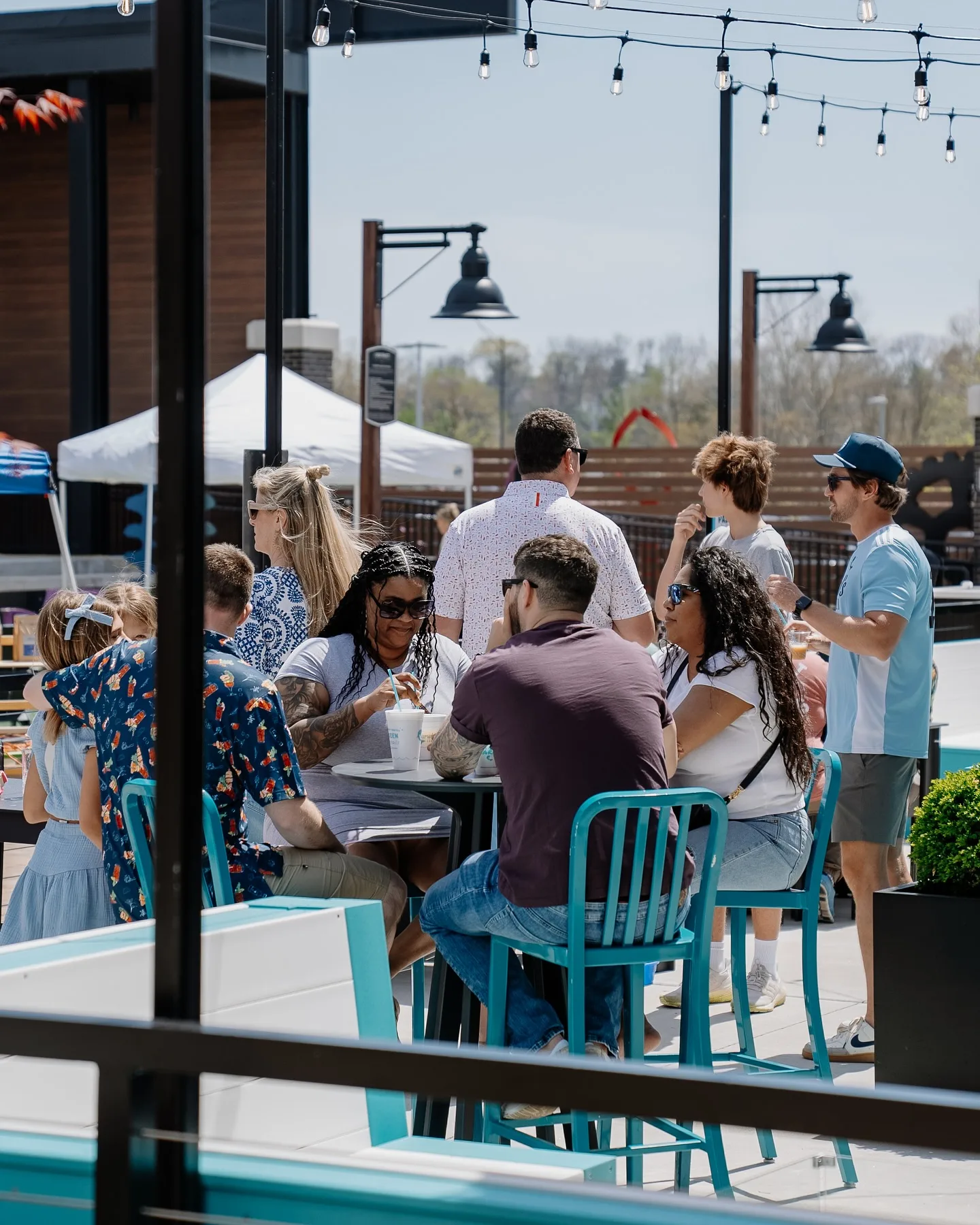If there’s a problem at a restaurant, should the guest say something on the spot or wait until later to do so? —Tom S., St. Louis
Answers to many Ask George questions begin with “it depends.” Since there are two schools of thought here, this is one of them.
Find the best food in St. Louis
Subscribe to the St. Louis Dining In and Dining Out newsletters to stay up-to-date on the local restaurant and culinary scene.
If there’s a problem at the table—let’s say regarding food or service—restaurant owners much prefer that the customer say something at the time of infraction so amends can be made immediately, usually in the form of replacement or compensation (and increasingly, overcompensation). The last thing that a restaurant owner wants (especially since the advent of public feedback sites) is for guests to leave unhappy or unfulfilled. Owners/managers always want to make things right and feel that, if given the opportunity, they can salvage an upset (or potentially lost) customer. I get that part—I sang the same song for more than 30 years.
The other side of the coin is that no guest wants to complain while dining, especially when with a group. Nobody likes a buzz-kill (to say nothing of the time that it takes to refire and consume a dish). It can also be argued that calling a manager over creates a “situation,” one witnessed by neighboring tables, which reflects poorly on the restaurant. To alleviate such a scenario, I will excuse myself, find a manager, and address the problem away from the table.
Unless the offense is egregious, my general preference (and it’s a controversial one, especially given my time spent in the business) is to follow up with the restaurant the next day, either by phone or email. Restaurateurs would rather this approach be taken than none at all.
The only thing worse is if the customer complains on social media (which, unfortunately, is the only way that restaurateurs hear of many easily rectifiable infractions) and the restaurant’s star rating suffers as a result. (Customers think they are doing the right thing by interacting on sites like Yelp when there are far more productive ways of affecting change.)
I contend that discussing the experience, in detail, after the fact will bring about even more change—and provide an opportunity to pay some much-appreciated compliments as well.
Follow dining editor George Mahe on Twitter and Instagram, subscribe to his weekly newsletter, or send him an “Ask George” email at [email protected]. For more from St. Louis Magazine, subscribe or follow us on Facebook, Twitter, and Instagram.










